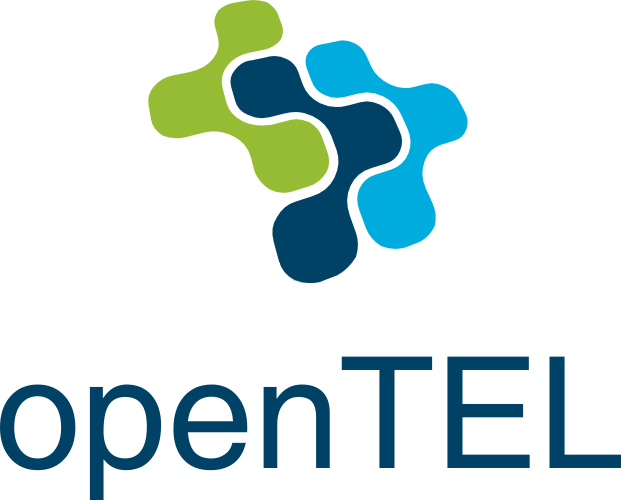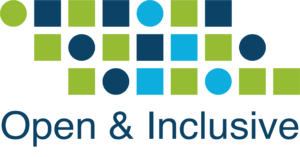We are pleased to invite you to our monthly Connected Higher Education in Crisis contexts series, taking place online on Wednesday 14th September 2022, from 15:00 to 16:30 BST. The events are held by the Open University UK in collaboration with the Connected Learning in Crisis Consortium and UNHCR, the UN Refugee Agency.
Presentation Title: How can we leverage open education and OER for access and participation in HE for refugees?
Link to Recording
Presenters:
Professor Martin Weller, Institute of Educational Technology, The Open University
Jamie Alexandre, Executive Director and Co-Founder of Learning Equality
Presentation 1 by Professor Martin Weller: How do we leverage open educational resources for learning in crisis contexts?
Abstract:
This talk will examine how Open Education Resources (OER) and Open Educational Practices (OEP), can be utilised in different contexts to improve access, social justice and their role in responding to the online pivot. Different aspects of open education will be considered, and their relation to formal education. The talk will explore the benefits and issues relating to open educational practices for learners, educator, and institutions.
Presentation 2 by Jamie Alexander
Abstract:
Open Educational Resources (OER) are free of cost, adaptable, and able to be remixed and openly distributed. Despite these clear benefits, they have yet to realize their full potential to support refugee and host community learners and educators, and others in low-resource settings. This presentation will explore some of the barriers preventing broad and effective adoption, including limited infrastructure and lack of contextualization and alignment. We will also discuss the work we are doing with UNHCR and other partners to address these challenges, including the creation of open-source tools for supporting completely offline distribution, teaching, and learning, as well as enabling the process of aligning resources from a large offline-ready OER repository to national curricular standards, through both manual expert-driven processes and semi-automated methods.
Author bios:
Jamie Alexandre has a Ph.D. in Cognitive Science from UC San Diego, and is co-founder and Executive Director of Learning Equality, an education technology non-profit that creates and supports open source tools to address the infrastructural and resource equity gaps that further marginalize populations with limited or no Internet access. Kolibri, Learning Equality’s open-source offline-installable education platform, has been installed in 220 countries and territories, in rural schools, orphanages, community centers, refugee camps, prisons, and homes. A lifelong tinkerer with a passion for social justice and animal rights, Jamie’s career has been driven by a desire to build a more equitable world.
Professor Martin Weller is Professor of Educational Technology, in the Institute of Educational Technology (IET) at the Open University. He is currently the Chair of the Open Programme, the Open University’s flexible, multi-disciplinary degree, and the Director of the GO-GN, a global network of Doctoral students in the area of open education. He developed the OU’s first fully online course in 1999, which attracted over 15,000 students annually. He was the OU’s first VLE Director, and is the Director of the OER Hub team, who undertake research into aspects of open education. He is the author of The Digital Scholar, 25 Years of Ed Tech and Metaphors of Ed Tech. He maintains a popular blog at blog.edtechie.net.
Recordings: Link to Recording
For more information about this series of events please get in touch with Dr Koula Charitonos, Institute of Educational Technology, Open University at koula.charitonos@open.ac.uk or Francis Randle, Division of Resilience and Solutions, UNHCR at RANDLE at UNHCR.org.
If you would like to be sent a meeting request for these events please contact Yemi at openTEL at open.ac.uk
[embeddoc url=”https://www.open.ac.uk/blogs/opentel/wp-content/uploads/2022/08/CHE-invitation_OER_.pdf” download=”all”]

